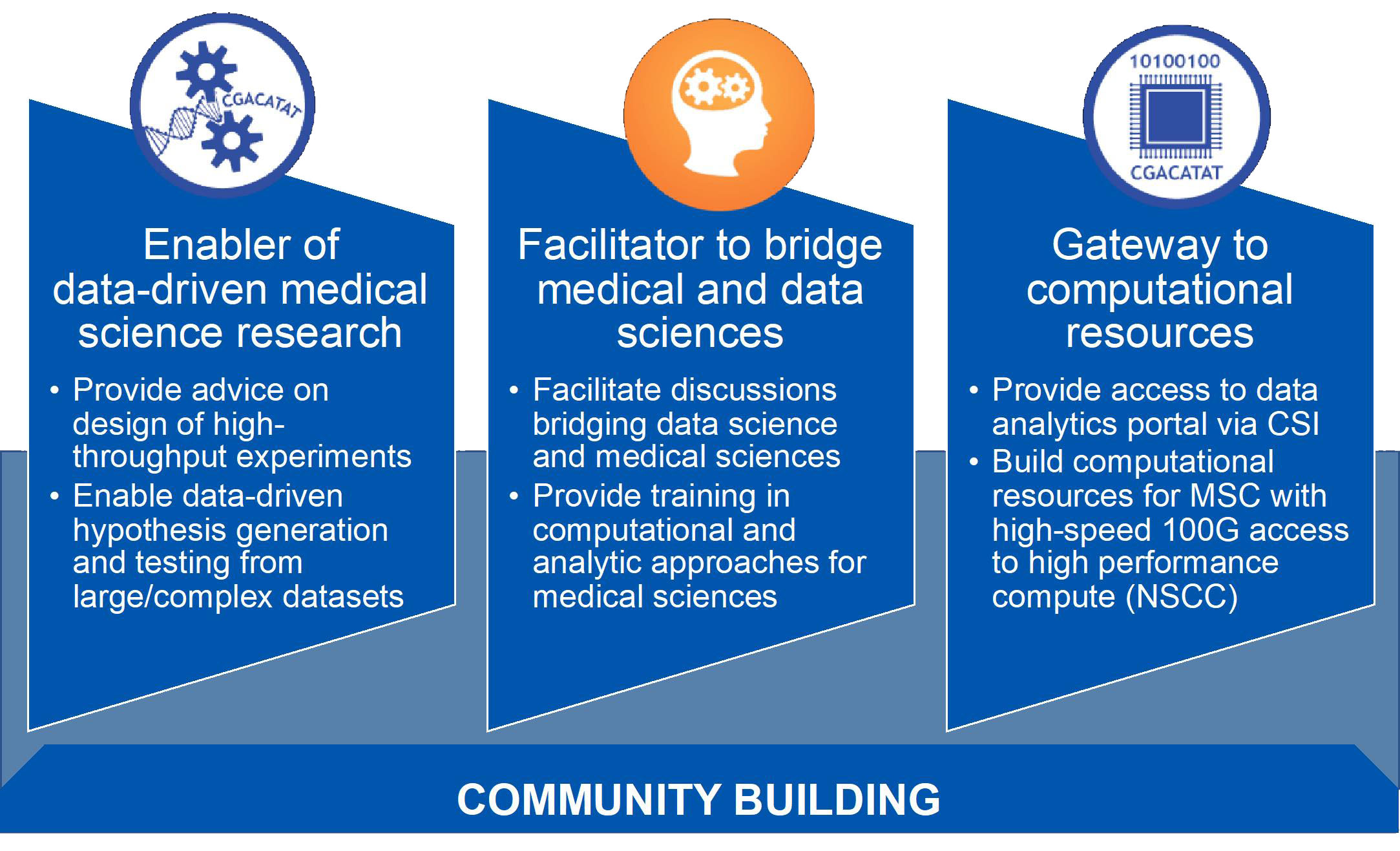

A specific component of this study is the collection of blood from healthy subjects at 5 different times during the same day (6 AM, 9 AM, 12 PM, 3 PM, 6 PM). The purpose of this study is to measure markers of immune activation and neuronal injury in your blood so that we can compare the levels of these factors in healthy individuals to the levels measured in patients with epilepsy. We also do not know if neurons (nervous system cells) are injured in patients with epilepsy during seizures. The role of the immune system in epilepsy is currently unknown. A Study of Systemic Markers of Inflammation and Neural Injury in Healthy Controls.The purpose of this study is to develop new approaches to improve the existing medications to relieve patients' epilepsy, and OPC-214870 is being studied for this purpose.
Data analysis programs clinical research trial#
A Single-blind, Placebo-controlled, Outpatient Trial to Assess the Effects of Single Oral Tablet Dose of OPC-214870. This is a randomized, double-blind, placebo-controlled trial, designed to evaluate the effectiveness and safety of SAGE-547 administered as a continuous intravenous infusion to patients in very resistant status epilepticus. A Study Using SAGE-547 for Super Resistant Status Epilepticus. The purpose of this study is to build a database to do comparison studies of epilepsy patients and normal controls with Magnetic Resonance Imaging(MRI) and Electroencephalogram (EEG). A Study to Gather a Database of Normal and Epilepsy Brain Scans. This study will use powerful 7T MRI scanning to find very small brain lesions that cause partial epileptic seizures.These small lesions can be missed by current MRI scanners. When a neurosurgeon can find and remove the small area where the seizure starts, it is often possible to cure the epilepsy. 
A Study of 7T MRI to Find Very Small Lesions in Patients with Hard to Control Partial Epilepsy. HEP is a five-year, prospective, observational study whose primary goal is to identify clinical characteristics and biomarkers predictive of disease outcome, progression, and treatment response in participants with newly treated focal epilepsy. The purpose of this study is to understand how electrical stimulation of the brain can modulate and suppress interictal epileptiform activity as a step on the path to developing new therapies for epilepsy. A Study to Evaluate Biomarker Target Stimulation. This is an international, multicenter, open-label, long-term safety study of ZX008 in pediatric and young adult subjects with Dravet syndrome who have successfully completed 14 weeks of treatment in the core study (ZX008-1501 and ZX008-1502). A Study Assess the Long-Term Safety of ZX008 (Fenfluramine Hydrochloride HCl) Oral Solution in Children and Young Adults With Dravet Syndrome. The purpose of this study is to see if the microbial environment of the intestines can predict the success of the ketogenic diet for children with medically unmanageable epilepsy. A Study to Find if the Microbe Environment of the Intestines Predicts Response to the Ketogenic Diet. The primary purpose of this study is to compare the diagnostic utility of 7T MRI versus 3T MRI in the detection of subtle epileptogenic lesions in the brain. A Study to Review Magnetic Resonance Imaging in Patients with Epilepsy.






 0 kommentar(er)
0 kommentar(er)
